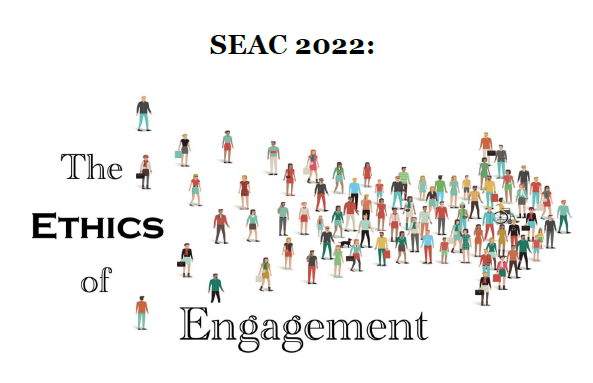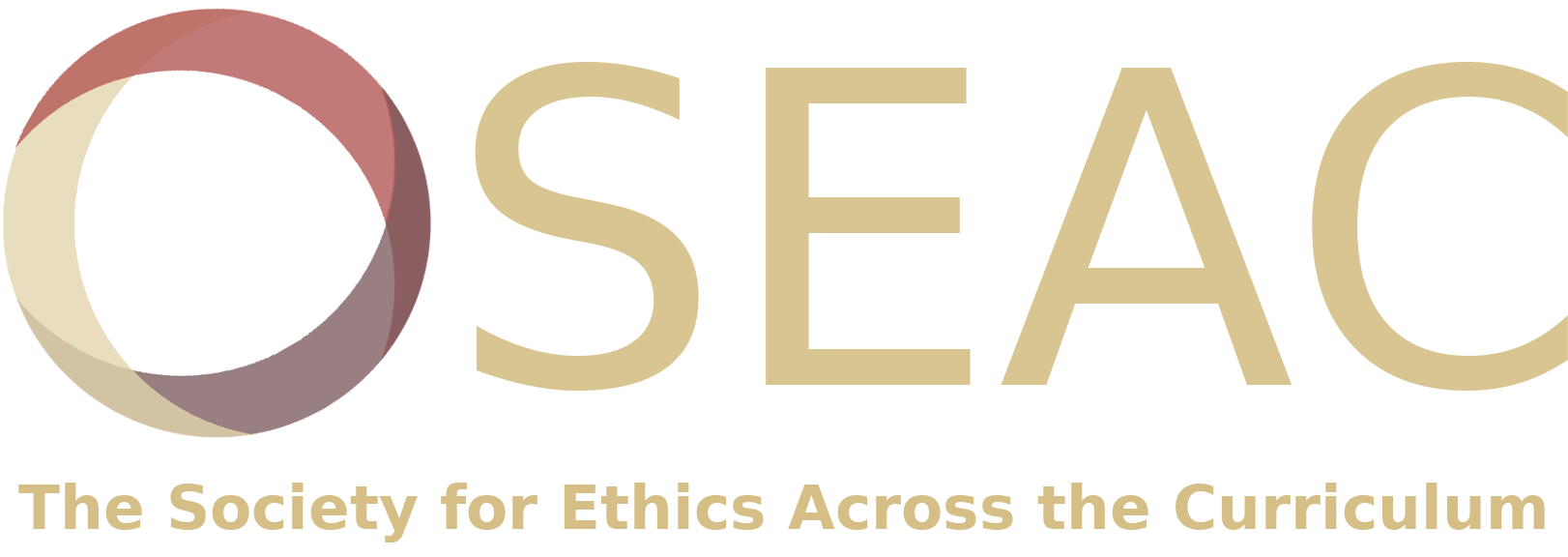
Concurrent Session 3C
Location
Ford Ballroom C, The Inn at Ole Miss
Start Date
6-10-2022 2:35 PM
End Date
6-10-2022 3:45 PM
Description
- Building Trust and Collaboration in the Classroom / Stefanie Ashley, Eastern Kentucky University
The principles of group facilitation strive towards engagement and inclusion by creating a safe environment for sharing ideas. The techniques are designed to build trust and collaboration, by encouraging ‘psychological safety’, the term coined by Amy Edmondson, Harvard Business School, to describe a workplace environment where people feel ‘safe for interpersonal risk taking’. To illustrate that point, a survey conducted by Slido of 1500 remote workers found that 42% of attendees left a meeting without saying what was on their mind. That sense of freedom to explore, challenge, test, and just speak up is also important in the classroom. There are proven facilitation tools and techniques that can be used in the workplace and classroom to build a high-level of trust and collaboration. Participants in this session will leave with tips for moving a group or class through the various phases of group development to build trust, commitment, and openness. They will explore and practice methods that encourage a sense of inclusion and belonging. The group will discuss how to build a safe classroom environment that inspires sharing, challenging, and questioning for deeper learning and understanding, even when discussing controversial topics. The session will conclude with a discussion about personal limits and just how far to take a group. - A Study of Perceptions Among Residence Life Staff Regarding Mandatory Training / Kylee Shiekh, Colorado School of Mines; Dean Nieusma, Colorado School of Mines
Resident Advisors (RAs) are students selected to be moral and emotional guides for students living in on-campus housing. They live among the students they care for, enforce policy, host events to encourage socializing and learning, and provide guidance for individuals. During the interview process, professional staff attempt to select for traits suited to this. Then student staff is further taught during formal training sessions. This training involves policy review, to prepare staff as upholders of institutional rulings. A high focus is put on role playing and discussion, to learn effective communication and responsiveness. Training is developed to create effective staff, teaching interpersonal skills for their fellow staff and residents, civic engagement by hosting educational events, and developing community between students who may otherwise be disconnected. The aim of this study is to explore this training and its outcome on students. The intended messaging of the week long affair seems not to be aligned with the outcome students express. Student share their experience with training, including formats which are most effective for them. They’re also encouraged to anonymously share their perception and experience with training. By exploring the student staff experience, and the intentions by the professional staff who design training sessions, we aim to understand the divide between intention and effect in this kind of teaching. We aim to adjust the teaching approach to better develop the student staff in the desired areas of empathy, community engagement, and policy enforcement by addressing communication and curriculum.
Session Chair: Cade Smith, University of Mississippi
Relational Format
conference proceeding
Recommended Citation
Ashley, Stefanie; Shiekh, Kylee; Nieusma, Dean; and Smith, Cade, "Concurrent Session 3C" (2022). Society for Ethics Across the Curriculum Conference. 14.
https://egrove.olemiss.edu/seac/2022/schedule/14
COinS
Oct 6th, 2:35 PM
Oct 6th, 3:45 PM
Concurrent Session 3C
Ford Ballroom C, The Inn at Ole Miss
- Building Trust and Collaboration in the Classroom / Stefanie Ashley, Eastern Kentucky University
The principles of group facilitation strive towards engagement and inclusion by creating a safe environment for sharing ideas. The techniques are designed to build trust and collaboration, by encouraging ‘psychological safety’, the term coined by Amy Edmondson, Harvard Business School, to describe a workplace environment where people feel ‘safe for interpersonal risk taking’. To illustrate that point, a survey conducted by Slido of 1500 remote workers found that 42% of attendees left a meeting without saying what was on their mind. That sense of freedom to explore, challenge, test, and just speak up is also important in the classroom. There are proven facilitation tools and techniques that can be used in the workplace and classroom to build a high-level of trust and collaboration. Participants in this session will leave with tips for moving a group or class through the various phases of group development to build trust, commitment, and openness. They will explore and practice methods that encourage a sense of inclusion and belonging. The group will discuss how to build a safe classroom environment that inspires sharing, challenging, and questioning for deeper learning and understanding, even when discussing controversial topics. The session will conclude with a discussion about personal limits and just how far to take a group. - A Study of Perceptions Among Residence Life Staff Regarding Mandatory Training / Kylee Shiekh, Colorado School of Mines; Dean Nieusma, Colorado School of Mines
Resident Advisors (RAs) are students selected to be moral and emotional guides for students living in on-campus housing. They live among the students they care for, enforce policy, host events to encourage socializing and learning, and provide guidance for individuals. During the interview process, professional staff attempt to select for traits suited to this. Then student staff is further taught during formal training sessions. This training involves policy review, to prepare staff as upholders of institutional rulings. A high focus is put on role playing and discussion, to learn effective communication and responsiveness. Training is developed to create effective staff, teaching interpersonal skills for their fellow staff and residents, civic engagement by hosting educational events, and developing community between students who may otherwise be disconnected. The aim of this study is to explore this training and its outcome on students. The intended messaging of the week long affair seems not to be aligned with the outcome students express. Student share their experience with training, including formats which are most effective for them. They’re also encouraged to anonymously share their perception and experience with training. By exploring the student staff experience, and the intentions by the professional staff who design training sessions, we aim to understand the divide between intention and effect in this kind of teaching. We aim to adjust the teaching approach to better develop the student staff in the desired areas of empathy, community engagement, and policy enforcement by addressing communication and curriculum.
Session Chair: Cade Smith, University of Mississippi


